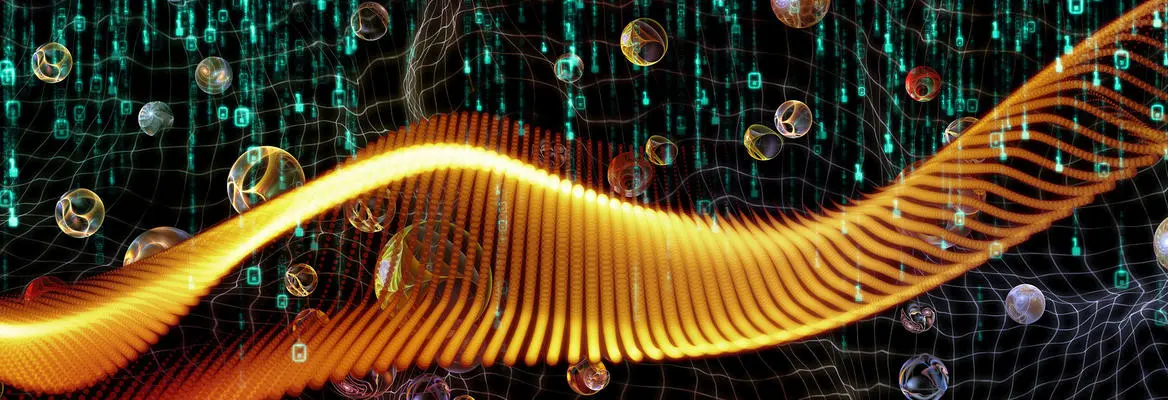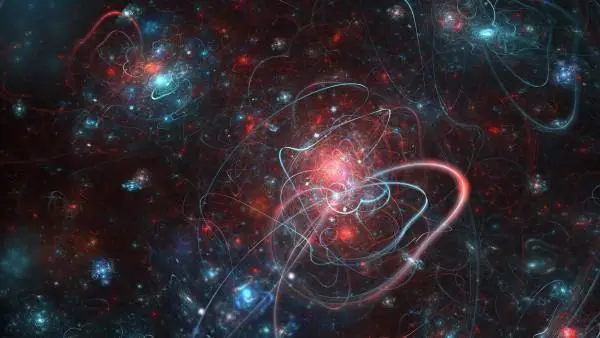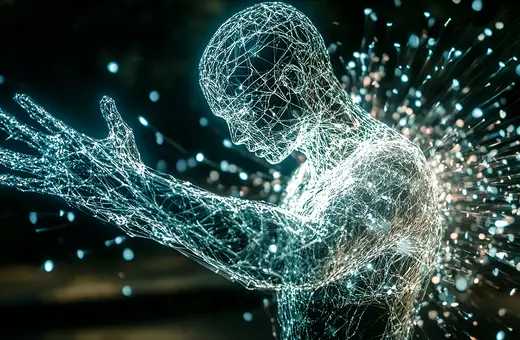Even our most successful and advanced theories of foundational physics – general relativity and quantum theory – have so far been unable to give a complete account of the universe. Meanwhile, philosophy continues to wrestle with questions of knowledge and consciousness. Might constructor theory provide an answer to both?
Constructor theory is a relatively nascent idea in fundamental physics that proposes to underlie all other currently known theories, not to mention those yet to be known, and to solve problems across a host of fields in science and beyond.
Logan Chipkin joins Oxford physicist and constructor theorist Chiara Marletto to discuss what constructor theory is, how it might point the way to a successor to quantum theory, and how it might allow physics to tackle some of philosophy’s most perplexing puzzles.
Chipkin: What is constructor theory?
Marletto: Constructor Theory was originally proposed by David Deutsch in 2012. The program was to try to recast the whole of physics in different terms. Instead of using the ‘dynamical laws + initial conditions’ approach, David suggested an approach which is rooted in the quantum theory of computation, but extended to the rest of physics. The approach is to use statements about what tasks are forbidden/impossible, and what tasks are possible, and why. When we started working together we realized that the theory actually had a much wider applicability than it had originally seemed. I came in by applying constructor theory to various open problems in quantum information, in quantum thermodynamics, in the foundations of quantum physics, and so on.
Chipkin: How did you get involved with constructor theory?
Marletto: I was interested in von Neumann’s theory of the universal constructor, which was connected to issues in both theoretical biology and quantum information. Von Neumann wrote extensively about these more computational issues, about what it would mean to have a universal machine that exceeds the powers of a universal computer, and this would be what he called a universal constructor.
It’s a generalization of the universal computer as Turing envisaged it: a universal constructor must be capable not only of performing all of the computations that are physically allowed, but also all of the tasks that are physically allowed; in particular, it would be capable of self-reproducing. As soon as I came across constructor theory, I noticed that it would allow me to connect the issues that I was interested in with foundations of quantum information and also with the foundations of thermodynamics, which were other issues that I have been interested in for a long time.
Chipkin: What are the motivations underlying constructor theory’s development?
Marletto: If you look at physics, you will see a very successful enterprise, with universal theories. They all try to explain the whole of what is going on in terms of dynamical laws, which describe trajectories. These laws predict where an object goes in space and time, given what the initial conditions of the object are.
However, there are also other kinds of principles and laws that have been conjectured which seem very powerful. These don’t have the character of a dynamical law of motion — consider the law of conservation of energy, or the principles of thermodynamics, and, more recently, the laws of quantum information. These are formulated in terms of statements about which transformations are possible and which are not, given certain resources.
Quantum theory is expected not to be the ultimate theory, because we know that it clashes with general relativity, so there will be a better theory behind quantum theory.
















Join the conversation